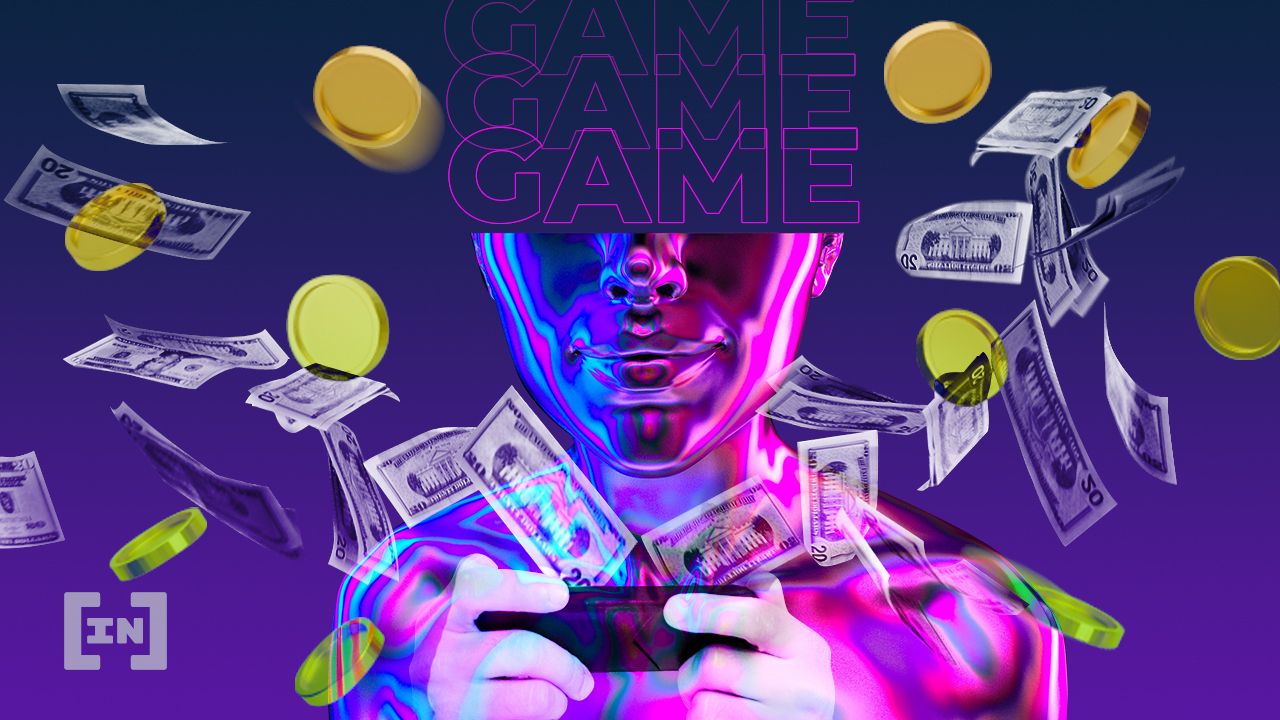
The world of gaming has experienced a seismic shift in recent years. In addition to providing entertainment, gaming has evolved to offer opportunities for players to earn rewards and real-world assets. This new paradigm has opened up a world where players can achieve personal goals, gain financial literacy, and even make money while still enjoying their favorite pastimes.
Traditionally, gaming has relied on luck and chance. However, skill-based gaming has become increasingly popular. In these types of games, a player’s success is based on their skill, expertise, and strategic abilities. Players must make informed decisions and adapt to changing circumstances within the game. Skill-based games provide a sense of progression and mastery, rewarding players based on their performance. These rewards can include virtual currencies or even real-world prizes like cryptocurrency or cash.
The global skill gaming market has seen significant growth, with a projected market size of $85.34 billion by 2030. One notable example of a skill-based gaming platform is Nakamoto Games. Nakamoto Games offers a robust Web3 gaming ecosystem where players can utilize their skills and gaming knowledge to earn rewards. The platform focuses on creating hyper-casual games that are easy to understand and fun to play, attracting both gamers and investors.
Another exciting development in the gaming industry is the gamification of financial literacy. Blockchain gaming has provided people with an alternative and convenient source of income, particularly during the COVID-19 pandemic. Now, gaming platforms are shifting gears to not only help players make money but also equip them with practical financial skills and decision-making abilities. Platforms like Mogaland combine gaming with accurate financial data and knowledge, providing an immersive Play-to-Learn-to-Earn metaverse game that helps users learn while having fun.
Additionally, there is a rise in gaming platforms that encourage physical activity and promote a healthy lifestyle. These platforms combine play-to-earn and move-to-earn mechanics, rewarding users for playing games and staying active. HyperMove is one such platform that allows users to exercise, improve fitness, and play games while earning crypto as passive rewards.
The integration of AI, virtual reality (VR), and non-fungible tokens (NFTs) has further enhanced the gaming experience. AI and VR technologies create immersive experiences in virtual reality platforms, while NFTs provide tangible rewards for players’ achievements. Platforms like Project Lambo and Rovilon are examples of gaming platforms that seamlessly blend AI, VR, and NFT technologies, offering players a unique and engaging experience.
In conclusion, the world of gaming is undergoing a transformation due to Web3 technologies. Gaming platforms are evolving to provide financial literacy, promote physical activity, deliver immersive experiences, and reward skill and knowledge. The intersection of gaming and finance in Web3 offers economic empowerment and entertainment for players. The gaming industry is projected to continue growing, with a market volume of $467 billion by 2027. Players can now control their destiny within virtual worlds, achieving personal goals, gaining financial literacy, and earning real-world rewards, all while enjoying the entertainment they crave from their favorite games.






